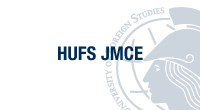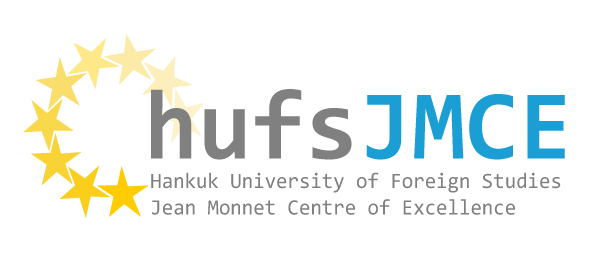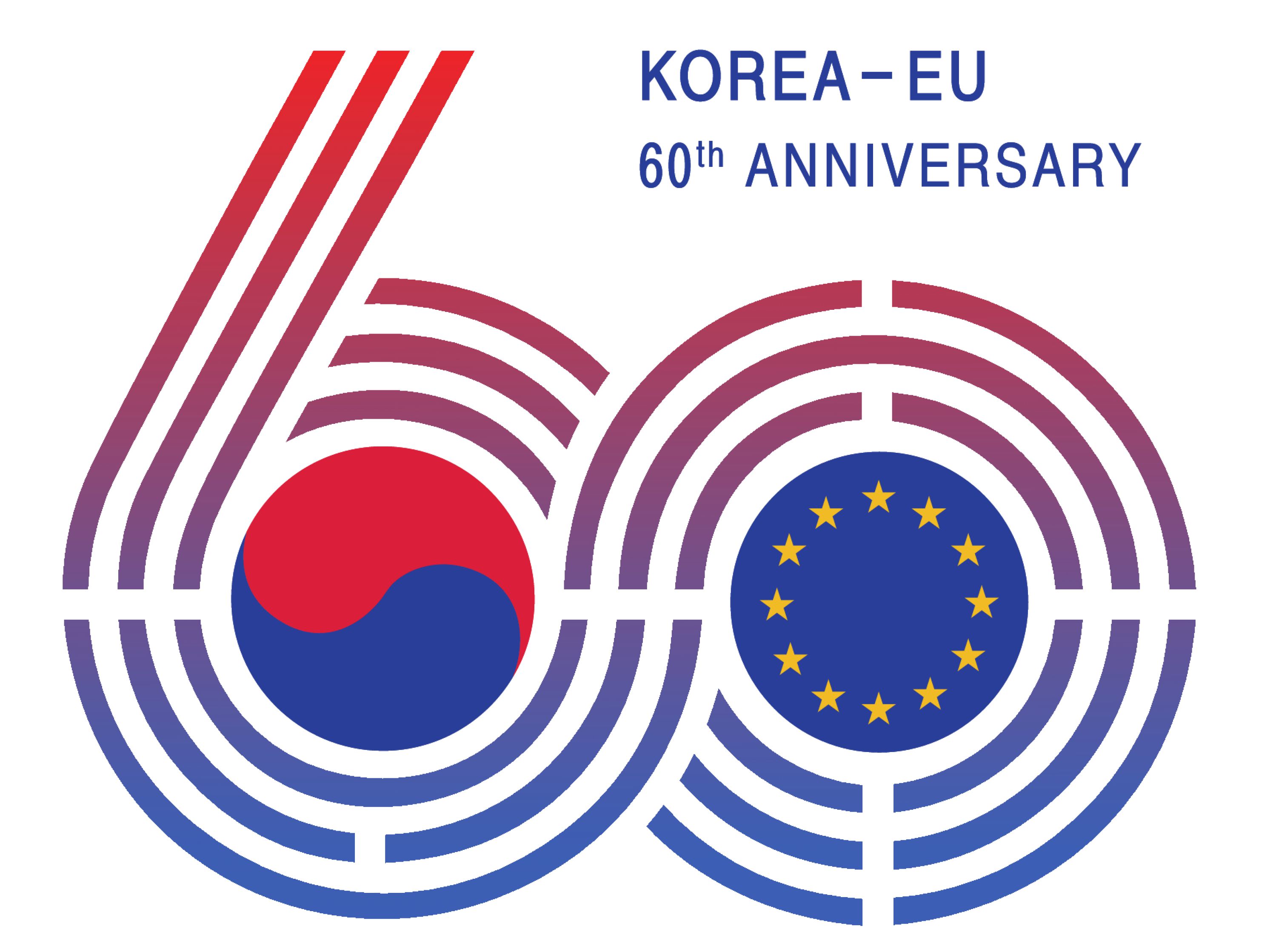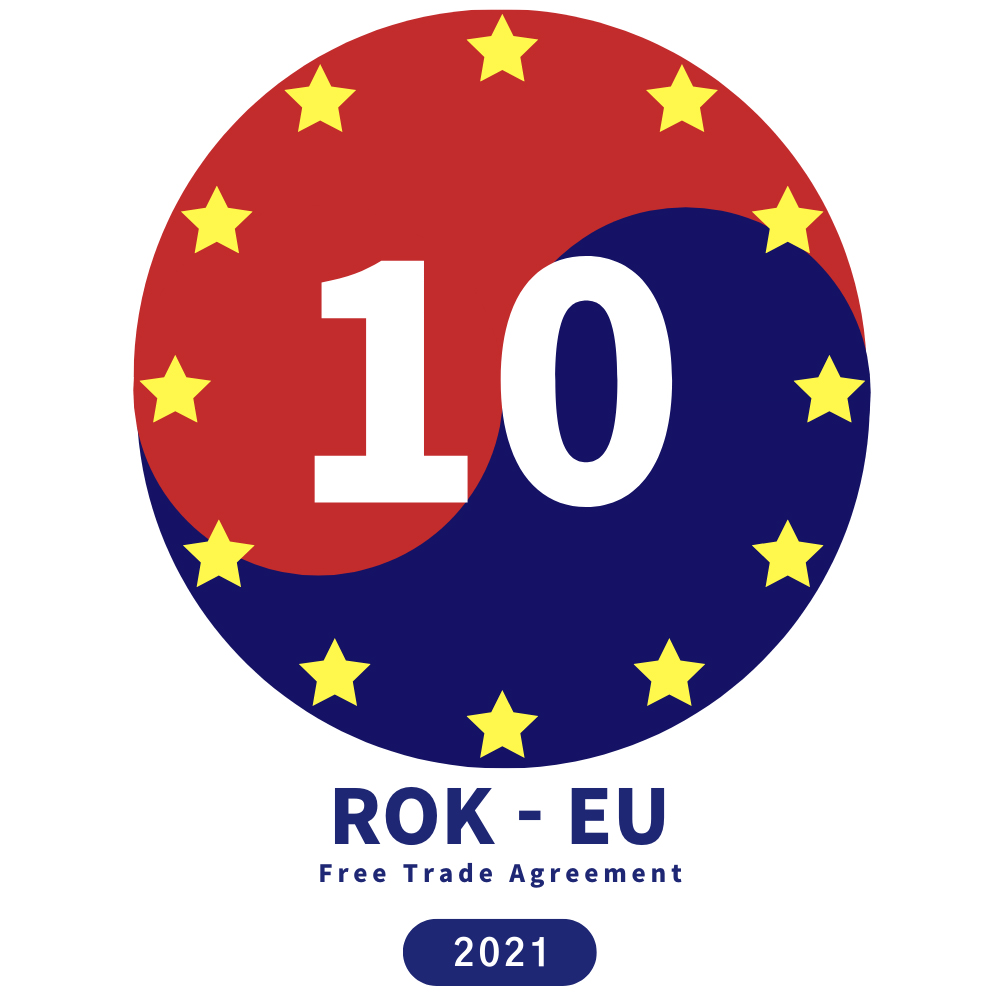
About HUFS JMCE
HUFS Jean Monnet Centre of Excellence would aim at promoting excellence in teaching and research in the field of European Union studies in the Republic of Korea. The actions taken by the Centre will be focused at fostering the dialogue between the academic world and policy-makers, in particular with the aim of raising awareness about governance of EU policies.
Main theme of the HUFS EU Centre is New Paradigm for EU-Korea Relations. By this, on the one hand, we are going to further develop existing bilateral relations under the three major frameworks: Framework Agreement (FA), Free Trade Agreement (FTA) and Framework Participation Agreement on Crisis Management (FPA). On the other, we are going to figure out what the EU and Korea can work together on in terms of regional and global cooperation. Autocratic and authoritarian regimes are threatening democracy and its institutions. Post-Cold War stability is in danger. Multilateralism is questioned and like-mindedness and natural partnership between the EU and Korea are under serious attack.
European Security Strategy (2003) was prepared at a time when external security threats were relatively absent. Meanwhile EU Global Strategy (2016) witnessed that peace and stability are not a given and therefore should not be taken for granted. In this situation the vision of Strategic Autonomy (2020) developed by the EU focuses on securing rules-based multilateralism in global governance and autonomous diplomatic actions based on shared values. Under the new global system of multi-polarity, Korea and the EU should find possible solutions to restore peace and prosperity. To overcome all by[1]products of the Sino-US rivalry, it will be imperative that like-minded partners corporate together to find alternative ways of international order. The EU Centre hopes to make a small but significant contribution to this cooperation by way of research and policy oriented activities.
For these purpose, we are going to invite domestic and international experts to our activities. The discussions will provide valuable implications to the promotion of EU studies in general and added value to policy making processes in particular. Our activities will provide academic corner stones to the diverse efforts of the EU in public diplomacy here in Korea. Since the Centre hosted several sessions of policy dialogue, we continue this tradition with public servants from MOFA, especially when there are summit meetings and strategic dialogues.
EU studies in Korea up to now have been a product of combination between humanities and social sciences. Most academic papers were written by political scientists, economists, historian and legal experts. In addition to these traditional combination, we will try to extend the scope of EU studies to data sciences and engineering studies. HUFS EU Centre will try to open some interdisciplinary courses such as climate action, data sciences and communication studies in cooperation with faculty members of the departments of environmental studies and communication and IT sciences. This will be the first attempt of incorporating more future oriented subjects to the scope of EU-related studies among all academic institutions here in Korea.
In terms of outreach activities, the Centre will run EU Certificate Courses for university students in the Seoul Metropolitan area and provide Open Lectures for Citizen in affiliation with Dongdaemun-gu District where HUFS is located. Population size of the District is about 330,000 level. Besides, HUFS EU Centre co-hosted Model European Union six times in cooperation with the Delegation of the EU to Korea and this tradition will continue in the years to come as our contribution to successful EU public diplomacy in Korea.










